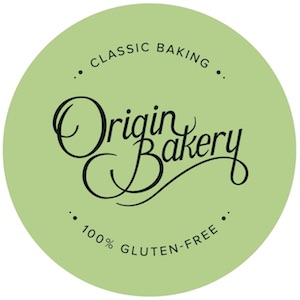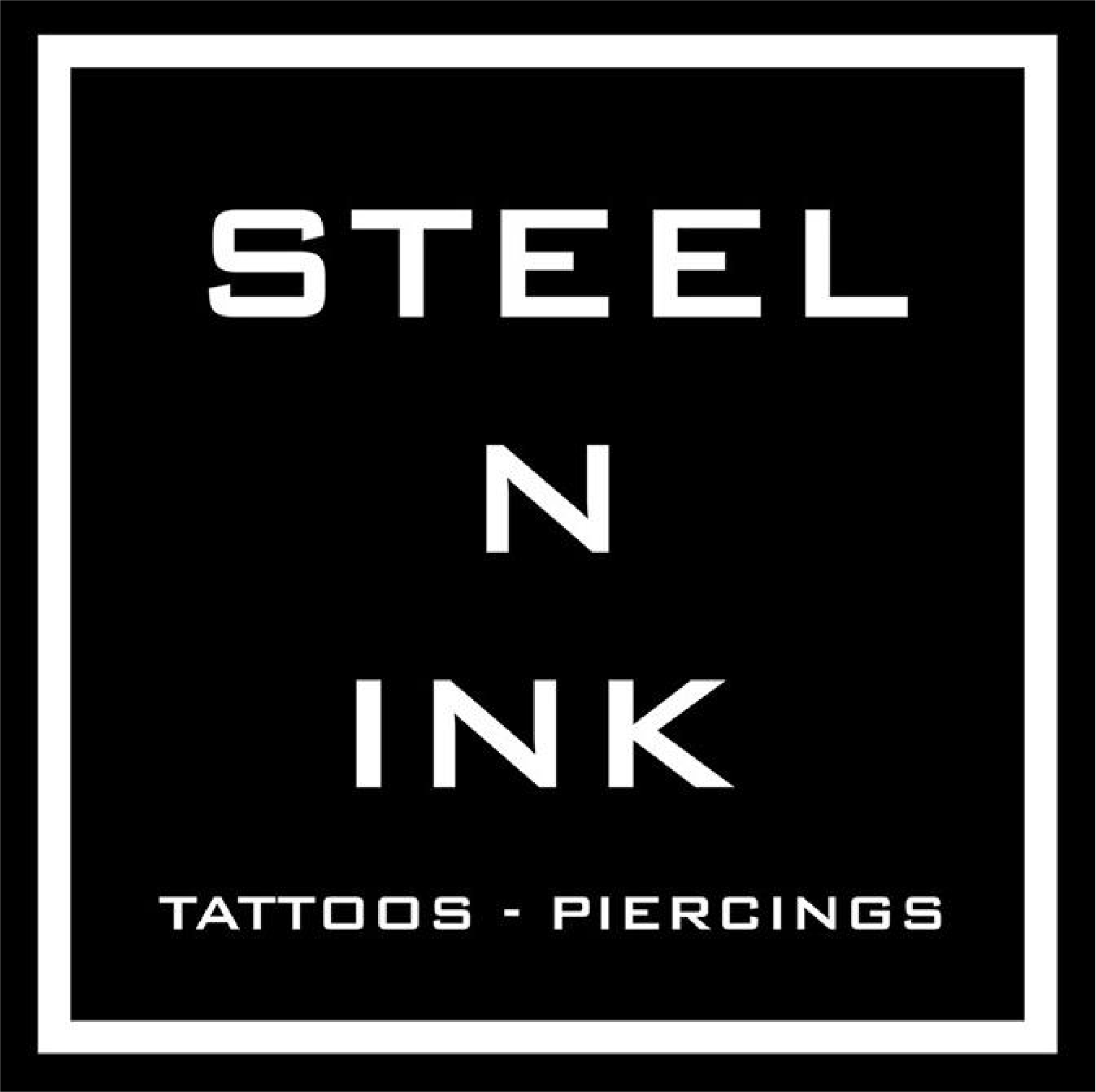A single-unit business—even a mall kiosk or street stall—doesn’t stay a one-shop enterprise for long if the concept is solid, the growth potential obvious, and an entrepreneurial spirit is driving expansion. Whether your M.O. is veggie-forward meals, gluten-free baked goods, or tattoos, these systems provide a solution that fits.
By David Chilton Saggers
Chopped Leaf
When asked to describe the fast-casual concept of Chopped Leaf, Genti Kongjika is succinct. “Behind the whole idea is the belief that healthy food doesn’t have to sacrifice taste,” he shares. “And you feel good after you eat.”
Chopped Leaf was an early presence in the ever-expanding healthy eating trend in Kelowna, British Columbia, in 2009, when the business was privately owned. In 2014, Innovative Food Brands (IFB) bought the enterprise which by then had 15 stores open in Western Canada, Kongjika explained from IFB’s headquarters in Oakville, Ontario.
Now there are 119 Chopped Leaf stores, all franchised, and a further 27 in the pipeline. Most are in British Columbia and Alberta, but there are also locations in Ontario, Manitoba, and an initial step into the U.S. with one restaurant in Washington state. And more expansion is on the horizon. Kongjika, who acts as Innovative’s IFB’s executive vice president, says Ontario, New Brunswick, and Nova Scotia are the next domestic markets being scoped out as landing zones, and the U.S., Middle East, and Central America are on the radar, too.
Anyone who wants healthy wraps, salads, and bowls is a Chopped Leaf target customer, says Kongjika, who underlines the importance of walk-in traffic and that “lunch is our biggest daypart.” All franchises offer dine-in, takeout, and catering, ideally in a storefront location of 1,200 to 1,500 square feet and in cities and towns that meet carefully considered market metrics. The cost of a store depends on location and typically runs between $400,000 and $500,000, with training held over two to three weeks at a location owned by a multi-unit franchisee, and there are another two to three weeks of in-store support. As for the qualities he’s looking for among potential franchisees, Kongjika says he wants to see “entrepreneurial spirit,” team leadership, and the ability to interact with the local community to further build the brand. The benefits of a Chopped Leaf investment include the increasing popularity of healthy eating, the fact that the system is finding excellent traction among university and college students, and that there are opportunities for multi-unit ownership, says Kongjika. Streamlined operations make training more efficient and processes simplified, enabling franchisees to focus on customer service and local marketing within their community.
Origin Bakery
Back in 2009, Tara Black sold baked goods out of a market stall in Victoria, British Columbia. But that wasn’t enough for the entrepreneurial chef and pâtissier, who wanted to bring her small business to the next level. So, just 10 months later in March 2010, she opened Origin Bakery, selling breads, cookies, and other sweet delicacies, all exclusively gluten-free, which she felt was a segment underserved in the market. Since then, her business has grown, and she now has two corporate locations in Victoria, selling 100-plus types of baked products, every one of them high-quality and free from gluten.
But Black isn’t stopping there. The founder and CEO says Origin Bakery started along its franchising journey last year, and she’s looking to share her system elsewhere in Canada’s westernmost province, beginning with up to three franchises. “The Lower Mainland is definitely [the ideal area] for us,” says Black, who wants to give the green light to 20 franchises over the next three or four years, or maybe sooner, thanks to 65 promising leads from the most recent Franchise Canada Show in Vancouver.
The cost of a franchise will depend both on its location and the selected model, as Origin Bakery offers two options: café (with seating) and bakery (mainly walk-in and takeaway orders). For example, a new bakery at an ideal 1,900 square feet costs $350,000, while a resale location is $300,000 to $1 million. Training takes two weeks to a month at one of the corporate stores with further support in-store and online. As for potential franchisees, Black says she’s looking for those who have some management experience and a strong commitment to customer service. “It would be people who are aware and understand who the customer is.” A knowledge and empathy for their clientele will be crucial, she emphasizes. That’s because gluten, a grain protein found in breads and pastries, pasta, and even beer, can cause mild to serious health problems such as internal bleeding for those who are gluten-intolerant.
As for the benefits of an Origin Bakery franchise, Black says hers is an underserved sector at a time when there is a growing awareness of and need for gluten-free food. There’s also the emphasis on high-quality products, community support, and stores nestled amongst the beautiful setting of some of British Columbia’s spectacular scenery.
Steel N Ink
Canadian body art company Steel N Ink has taken its success to the next level with the launch of a highly anticipated franchise program. The vision for franchising began when Andy Goodman, a seasoned franchise industry veteran, approached Steel N Ink’s founder, Jamie Randolph, with a unique proposition: Goodman wanted to invest in a franchise business for his son, Anthony, a loyal Steel N Ink customer for over seven years.
Recognizing the potential to grow the brand through franchising, Randolph partnered with Goodman and a team of industry leaders, including Cassels Brock & Blackwell LLP, to develop a “best-in-class” franchise system. As Randolph explains, “Building a solid foundation was essential. We wanted to ensure every aspect of the program reflected the high standards our brand is known for.”
Founded in 2005 with its first location in Sauble Beach, Ontario, Steel N Ink has grown to operate 16 corporate studios across Ontario, Manitoba, and Quebec. Known for its placement in high-traffic AAA shopping centres, the brand has become synonymous with quality, creativity, and professionalism in the tattoo and piercing industry.
Now headquartered in Collingwood, Ontario, Steel N Ink is poised to expand even further. The franchise program officially launched in October 2024, with the first franchise locations set to open in 2025. Randolph has ambitious goals, aiming to establish eight franchise studios within the program’s first year while also exploring opportunities in Western and Atlantic Canada.
Randolph emphasizes that the perfect franchise partner is someone who not only understands retail operations but is also passionate about the tattoo and piercing industry. “This business is about more than just numbers,” he explains. “It’s about embracing a culture of creativity and self-expression. Tattooing is an art form and an extension of the beauty industry, so a love for the arts is crucial.”
The ideal Steel N Ink customer ranges from 18 to 40 years old, though the brand has also seen an increase in older clients fulfilling long-held tattoo aspirations.
A typical Steel N Ink studio spans approximately 1,300 square feet, with franchise investment costs ranging between $300,000 and $500,000, depending on location. New franchisees undergo two weeks of hands-on training in Collingwood, followed by on-site support from a dedicated manager for an additional two weeks—or longer, if needed.
Location is key to Steel N Ink’s success. Franchise studios will continue the brand’s legacy of operating in premier regional shopping centres, with real estate acquisition fully managed by the company to ensure optimal placement.
Randolph says investing in a Steel N Ink franchise offers a wealth of benefits. The brand has built a reputation for fostering trust between clients and staff, operating studios that are “talent-friendly,” and maintaining exceptional relationships with public health authorities. In fact, Steel N Ink’s operations are so respected that public health trainees often visit its studios to learn industry best practices.
As the first to bring mall-based tattoo studios to Canada, Randolph says Steel N Ink has solidified its place as a leader in the body art industry. With its franchise program now underway, the brand is ready to share its formula for success with a new generation of entrepreneurs passionate about art, creativity, and business.




